President Donald Trump’s administration has officially doubled tariffs on most imported steel and aluminum, raising rates from 25% to 50% as of Wednesday. The move coincides with the White House’s deadline for trading partners to submit their “best offers” to avoid a wider wave of tariffs slated for next month.
Trump signed the executive proclamation late Tuesday, with the new tariffs taking effect at 12:01 a.m. Wednesday. The decision expands on duties originally imposed in March and is part of what the administration has dubbed “Liberation Day”—a broader plan to rebalance trade relations.
“We started at 25 and then, after studying the data more, realized that it was a big help—but more help is needed,” White House economic adviser Kevin Hassett said Tuesday at a steel industry conference. “That is why the 50% starts tomorrow.”
Nearly all U.S. trading partners are affected by the new tariffs, with Britain as the sole exception. The U.K. secured a preliminary agreement during a 90-day pause in tariff enforcement and will continue to face the original 25% rate until at least July 9.
According to Census Bureau data, the United States imports roughly 25% of the steel it uses, with Canada and Mexico among the top suppliers. The tariff increase will hit both neighbors especially hard.
Canada, the largest aluminum exporter to the U.S. by a wide margin, is pressing for the removal of the duties. A spokesperson for Prime Minister Mark Carney said negotiations with Washington were “intensive and ongoing.”
Mexico’s Economy Minister Marcelo Ebrard criticized the decision as “unsustainable and unfair,” arguing it penalizes a trade partner that actually imports more U.S. steel than it exports.
“It makes no sense for the United States to levy a tariff on a product in which you have a surplus,” Ebrard said.
Mexico will also seek an exemption.
The U.S. currently relies on imports for about half of its aluminum supply, and domestic producers are unlikely to expand capacity quickly enough to offset the higher costs. As a result, aluminum premiums have more than doubled since the start of the year, shaking the commodity markets.
Meanwhile, Trump’s trade team is pushing for new deals to stave off additional tariffs scheduled to take effect in five weeks. Countries were asked to submit comprehensive offers by Wednesday, covering tariff reductions, quotas, and other market access terms—especially for U.S. industrial and agricultural goods.
The administration is also seeking commitments on digital trade, economic security, and country-specific reforms. So far, only Britain has reached a tentative framework agreement. Other countries remain in talks, but no firm deals have emerged.
Interestingly, Japan—a key trading partner—has not received a formal request, according to government spokesperson Yoshimasa Hayashi, who addressed the issue at a press conference Wednesday.
With input from Fox Business and Reuters.
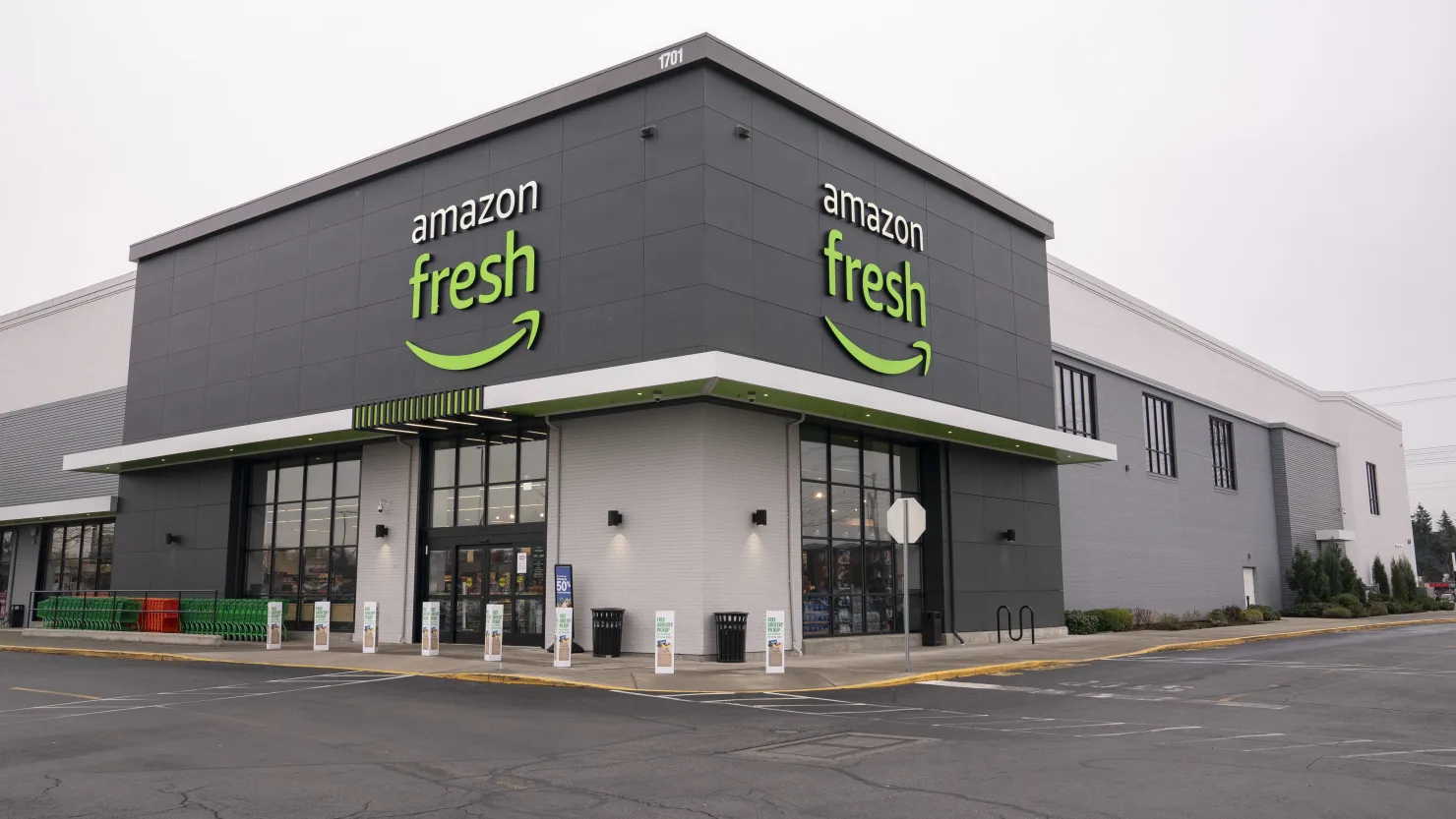
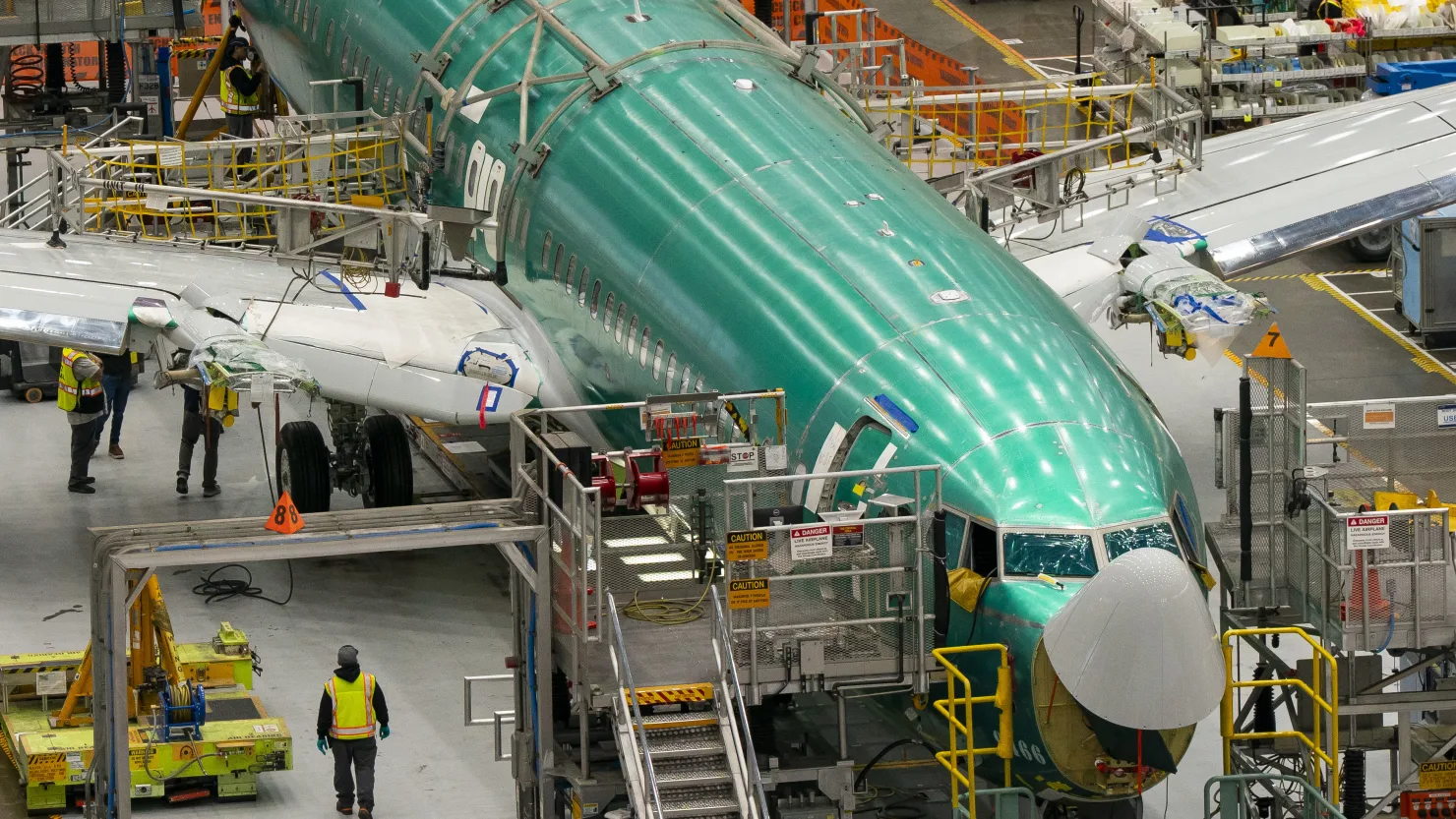

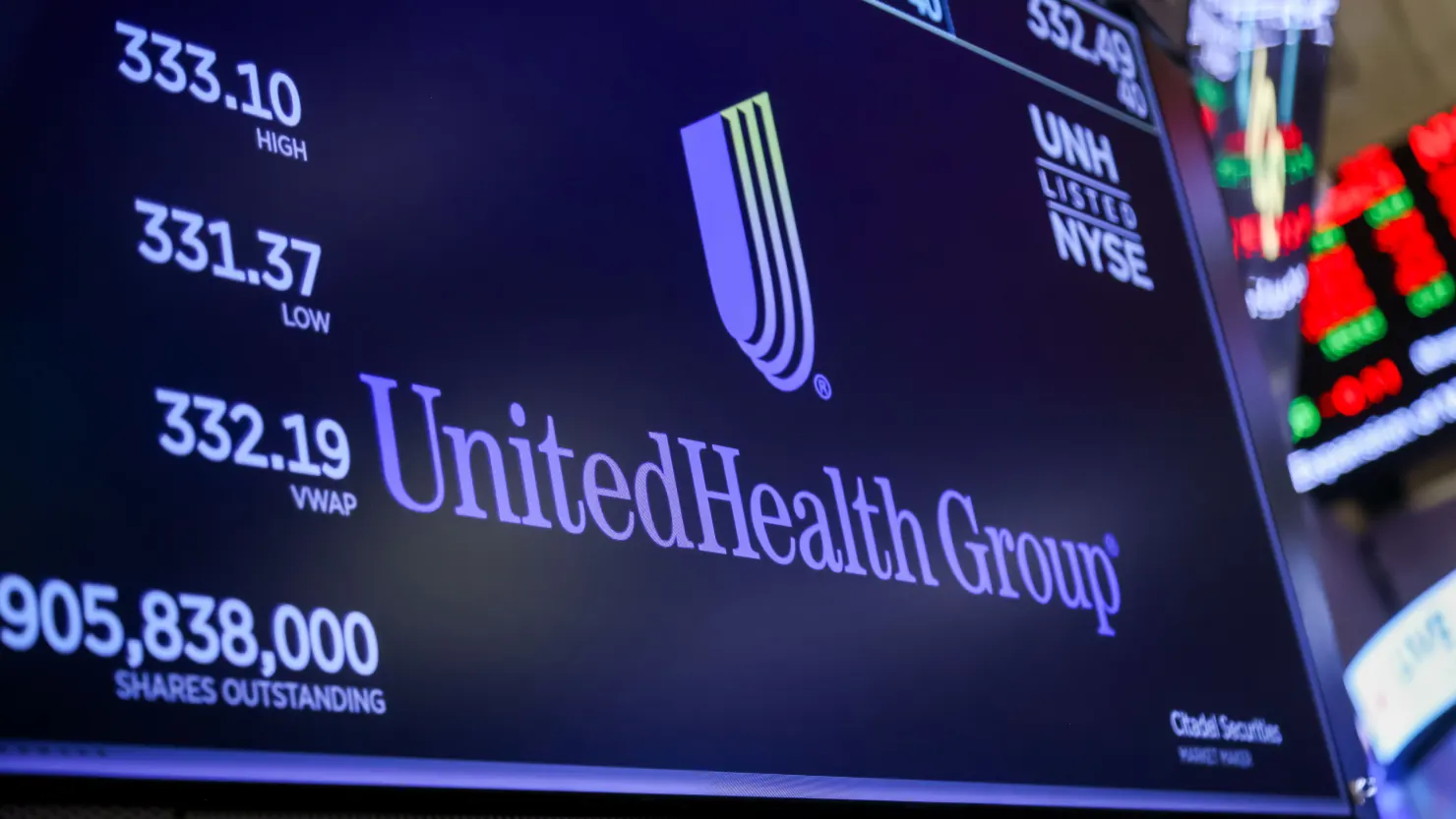
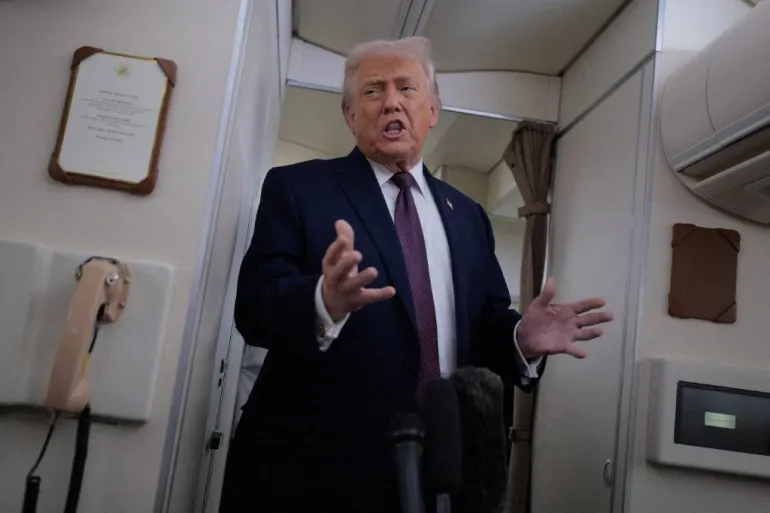
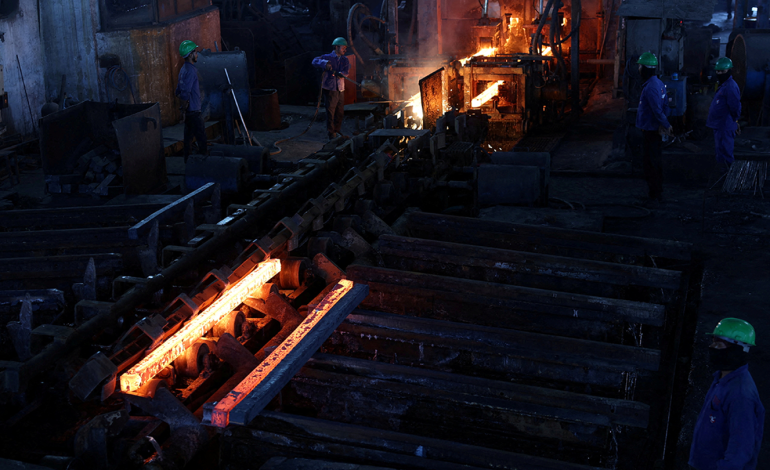




The latest news in your social feeds
Subscribe to our social media platforms to stay tuned